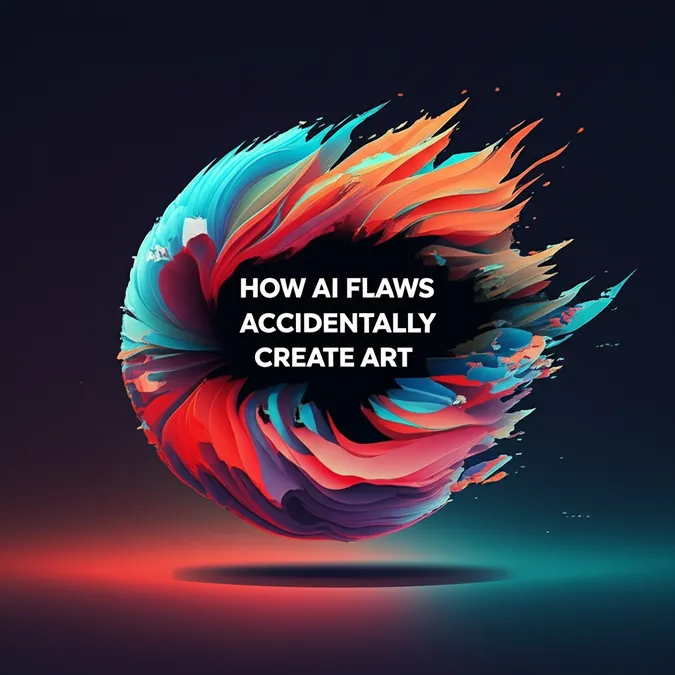Developer Offer
Try ImaginePro API with 50 Free Credits
Build and ship AI-powered visuals with Midjourney, Flux, and more — free credits refresh every month.
Artificial Intelligence Enters The Rotorua Election Arena
As Rotorua prepares for its first local elections since the launch of ChatGPT, candidates are grappling with the role of generative artificial intelligence (AI) in their campaigns, sparking a debate on authenticity, efficiency, and ethics.
The Expert View An AI Junk Food Diet
Experts are observing a significant increase in the use of generative AI in political content, driven by its affordability and ease of use. Dr. Bronwyn Isaacs, a University of Waikato lecturer specializing in the cultural politics of AI, compared the quality of this content to being served “constant two-minute noodles.”
While AI can be a positive tool for communicating ideas, Dr. Isaacs warns of the dangers of relying on tools that can 'hallucinate' or generate information from poor sources. She notes that content scraped from the internet is often unreliable and can perpetuate common stereotypes and misunderstandings.
A Call for Authenticity and Transparency
When Local Democracy Reporting surveyed 31 candidates, a clear divide emerged. Mayor Tania Tapsell and Māori ward candidates Trevor Maxwell and Te Whatanui Skipwith confirmed they are not using AI for campaigning.
General ward candidate Matthew Doidge stated he was not using generative AI “in any form” and expressed his hope that other candidates were not either. “The electorate are voting for real people to represent them, genuine candidates who have thoughtfully considered the issues, not for a chatbot,” he said.
This sentiment was echoed by several others, including Richard Collins, Pam Neilson, Frank Grapl, Rawiri Waru, and Merepeka Raukawa-Tait, who all believe that any use of AI in campaign materials should be disclosed to voters. Waru added, “It’s becoming easier to identify those who use it often. Technology is great, but no substitution for the true human mind.”
A Tool for Efficiency Not a Replacement for Thought
Other candidates have adopted a more pragmatic approach, using AI to streamline their campaign efforts. Neville Raethel and Jared Adams acknowledged using AI for tasks like checking spelling and grammar, creating logos, and editing videos. However, both agreed its use should be declared. Adams pointed out its limitations, noting, “It also says weird things Kiwis and locals wouldn’t say, and sometimes is plain wrong.”
Mayoral candidate Don Paterson, who used AI for video and image generation, saw no ethical concerns as long as it wasn't used to “distort facts or mislead.”
Candidate Mariana Morrison uses AI for efficiency but stressed that her personal values guide the final message. “AI supports efficiency and creativity in my campaign,” she said. “But all decisions and messaging ultimately reflect my own values and judgement.”
Concerns Over Capability and Critical Thinking
The debate also touches on whether AI could mask a candidate's true abilities. Robert Lee, who uses AI for research but not for writing, worried it could make some candidates “appear more literate and coherent” than they actually are. General ward candidate Ryan Gray shared this concern, stating, “Voters need to know candidates are capable of making a difference through fierce advocacy at the council table, as opposed to relying on AI to think for them.”
Jenny Chapman agreed, worrying that over-reliance on AI might diminish a candidate's critical thinking skills. Conversely, Reynold MacPherson suggested AI use is becoming “standard practice,” but reminded voters that its effectiveness depends on the “skill and judgement of the person using it.”
The Shadow of Deepfakes
Beyond text generation, the rise of AI-powered deepfakes—highly realistic manipulated audio, images, or videos—presents a more sinister threat. A spokesperson for Local Government New Zealand warned, “This has potential to cause serious harm to the candidate if they are misrepresented by the manipulated content.” As the election progresses, the line between councillor and chatbot remains a central topic of discussion.
Compare Plans & Pricing
Find the plan that matches your workload and unlock full access to ImaginePro.
| Plan | Price | Highlights |
|---|---|---|
| Standard | $8 / month |
|
| Premium | $20 / month |
|
Need custom terms? Talk to us to tailor credits, rate limits, or deployment options.
View All Pricing Details

